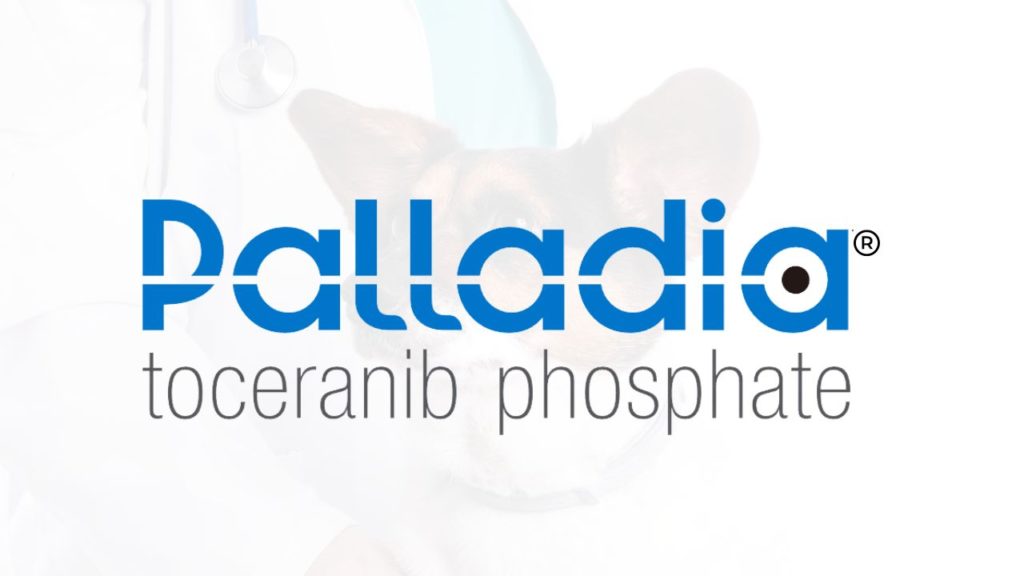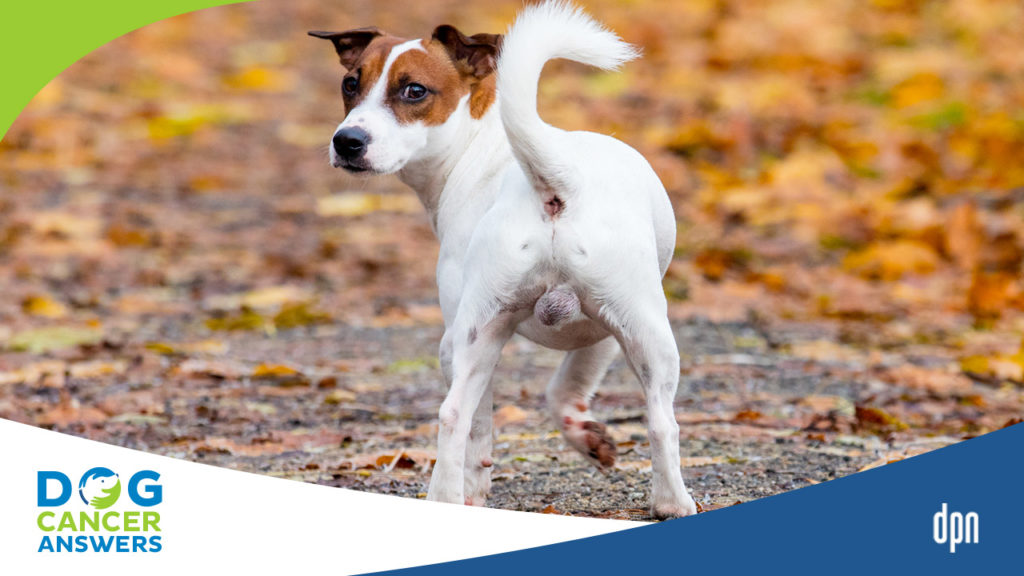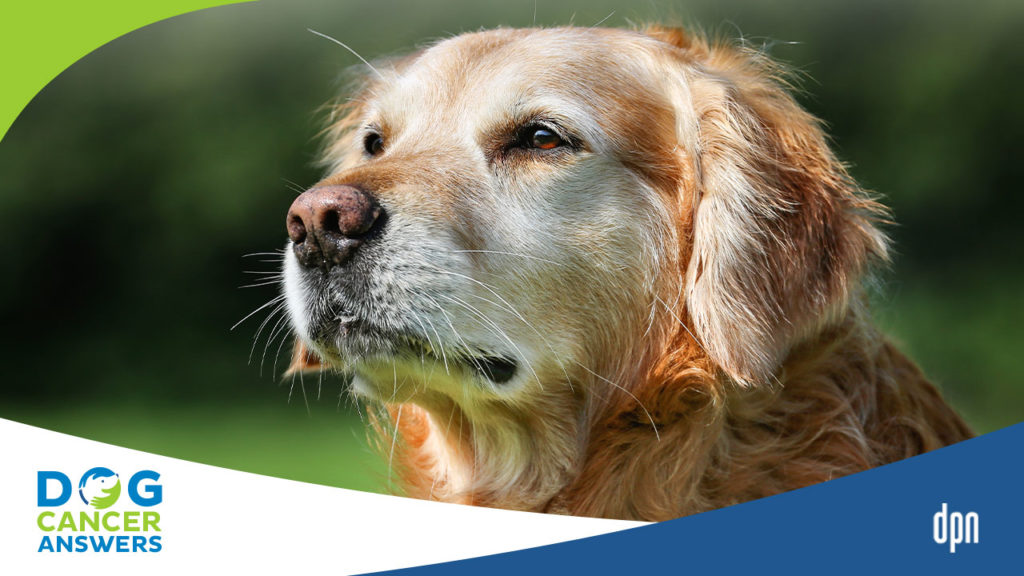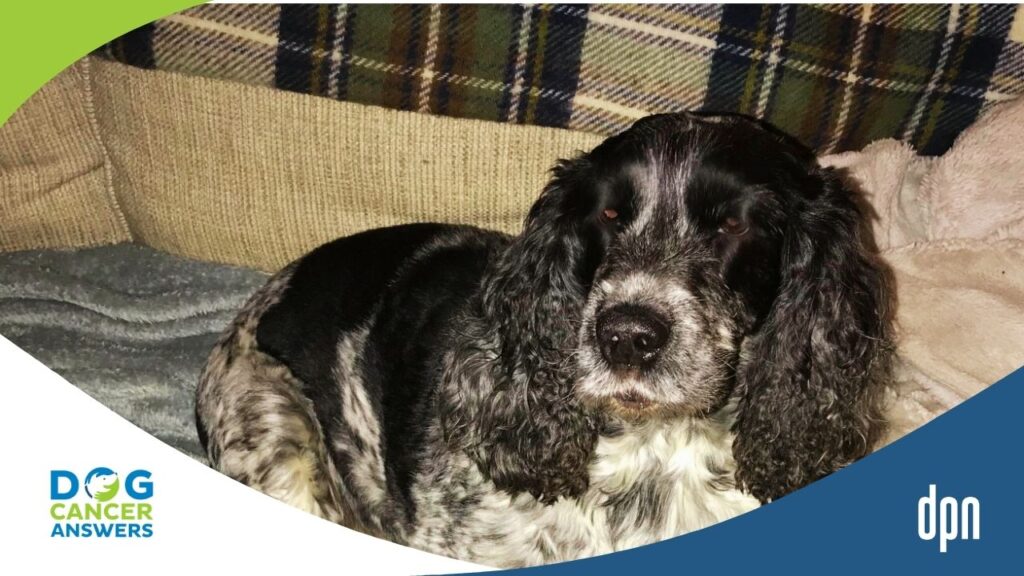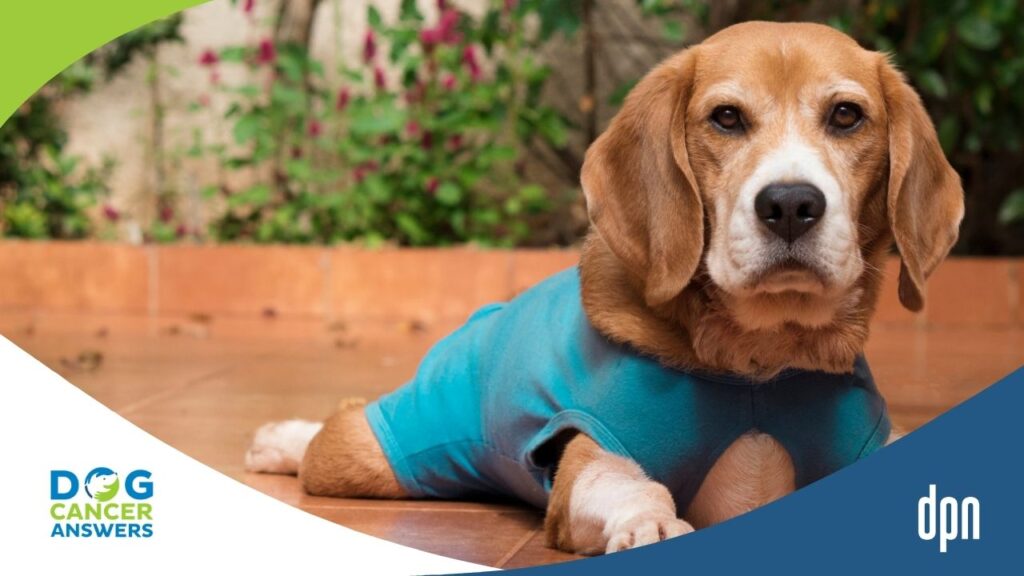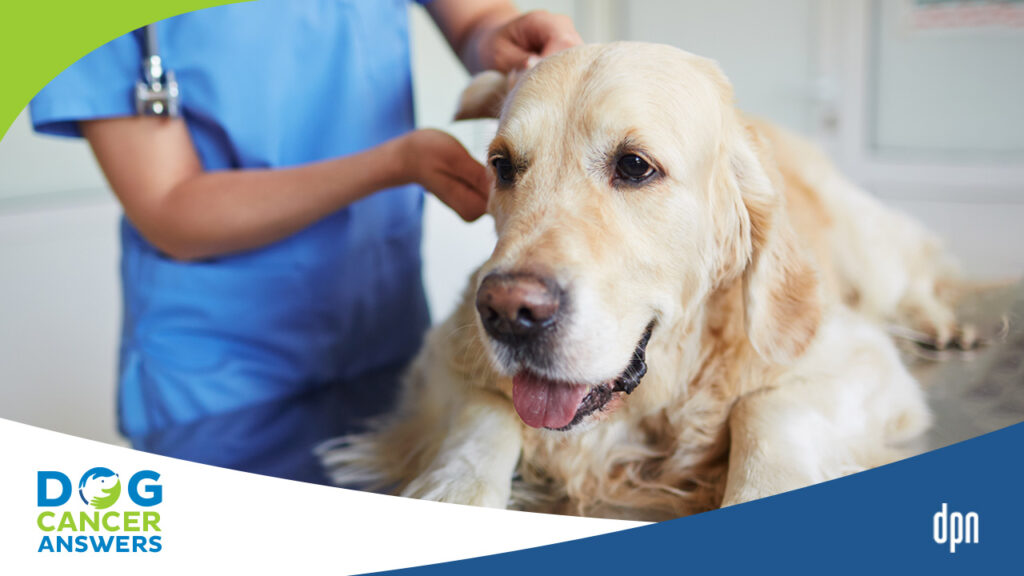[00:00:00] >> James Jacobson: Today on our special Exam Room Series, perianal and anal sac tumors, and what you need to know to help your dog.
[00:00:10] >> Announcer: Welcome to Dog Cancer Answers, where we help you help your dog with cancer. Here’s your host, James Jacobson.
[00:00:18] >> James Jacobson: Hello friend. Let me start off by saying, I’m sorry. I’m sorry that you’re listening to this podcast.
[00:00:25] Sure, I know that is an odd thing for our host to say in a welcome message. But the fact that you are listening to my voice now probably means that you have a dog who has been diagnosed with a perianal or anal sac tumor. Now I’ve been there and I know what it’s like to have a dog who has cancer. And I also want to let you know that you’re in the absolute best place because you’re in good company.
[00:00:50] Unfortunately, cancer is the number one killer of dogs, but there’s a lot of hope. Dogs do not have an expiration date stamped on their forehead. There are so many things that you can do to help your dog after you get a perianal or anal sac tumor diagnosis. Now I’m lucky. My veterinarian is Dr. Demian Dressler, author of the bestselling book, The Dog Cancer Survival Guide.
[00:01:15] He’s a renowned authority on full spectrum approaches to treating dog cancer. And today you can come into his exam room and listen to what he would tell one of his clients whose dog was diagnosed with a perianal or anal sac tumor.
[00:01:32] >> Dr. Damien Dressler: So if your dog has a tumor of what’s called the perianal or anal gland area, we’re talking about the rear end and these tumors have different types. Some of them are benign and some of them are not benign, a lot depends on where they are located. And also whether the dog is a male or a female, and interestingly, whether or not the dog has been neutered or not, male dogs.
[00:01:53] So it’s important with these types of tumors to get them tested. So if there’s a bump on the rear end of your dog, that you can see at home, well, it could be something as simple as an anal gland, abscess or something like that, where there’s a gland within the wall of the anus that’s got an infection. Maybe it’ll go away with antibiotics.
[00:02:10] That would be really great. So go see your vet, but very importantly, in the cancer discussion, it’s important to understand whether or not this is benign or malignant or just an infection. And testing is very important. One of the easiest ways of testing a bump is to do what’s called a fine needle aspirate. A lot of times we’ll have to give the dog a little sedative ’cause it can be uncomfortable, particularly in that area for putting a needle in a growth that’s on the rear end of our dog, but we can get really good information.
[00:02:39] And why does this matter? Well, if we suck out some cells using a needle and we have those evaluated by a pathologist, they can tell us whether this is a bump that we have to worry about. The malignant anal tumors are quite rapid in their development. That means they’re aggressive. And you want to know, these are ones where it’s important to not delay the diagnosis.
[00:03:02] Another thing that’s important with these tumors that are on a prevention side is older dogs always should have rectal exams done because you can’t see these tumors many times because they’re within the anus and they’re invisible. And by the time they finally present themselves, you’re looking at the tip of the iceberg because they’ve been growing in there for potentially years and nobody knew about it.
[00:03:25] Now on the treatment side, surgery is going to be a big piece of this equation. It’s really important to get these tumors out. It’s also really important to see if they’ve spread because the aggressive ones do spread and they’d spread pretty quickly. Get lab work done as well to test the blood. The aggressive malignancies, well, they can have high blood calcium. That’s not good for the kidneys. So you want to get that lab work done. That’s important to check on these things. It’s also really important to not forget about the other aspects of cancer care that are often overlooked on the conventional side, whether we’re talking about supplements or whether they’re immune supplements or helping to promote normal apoptosis levels.
[00:04:03] And we talk about this in The Dog Cancer Survival Guide, whether or not we want to change our lifestyle. All of these things are important parts of cancer management and they do make a difference. So please read about those things in the guide so your dog can live the happiest longest life possible.
[00:04:18] >> James Jacobson: If you’d like to hear more about dog cancer and what you can do to help your dog now, I encourage you to pick up a copy of Dr. Dressler’s book, which just happens to be the sponsor of today’s episode and this entire special Exam Room Series here on Dog Cancer Answers. The name of this best-selling book is The Dog Cancer Survival Guide: Full Spectrum Treatments to Optimize Your Dog’s Life Quality and Longevity.
[00:04:46] The authors are Dr. Demian Dressler, who you just heard from, and Dr. Susan Ettinger, an oncologist in New York. And in a minute, I will tell you how to get their book at a discount. This book is considered the bible of dog cancer, and it covers so much information in an easy to understand, easy to reference guide. For example, the book covers everything that you need to know about conventional veterinary treatments, that’s surgery, chemotherapy, and radiation, including how to reduce their side effects.
[00:05:16] The most effective non-conventional options, including botanical nutraceuticals, supplements, nutrition, and mind, body medicine, and the book helps you to analyze the options and develop a specific plan for your own dog based on your dog’s type of cancer, your dog’s age, your financial budget and your time constraints, as well as your personality.
[00:05:38] The Dog Cancer Survival Guide is available wherever fine books are sold, both online and in physical bookstores. It’s available either in paperback or as an e-book edition. And the e-book is under $10. The website to get either the paperback or the e-book is www.DogCancerBook.com, and you will save 10% if you use the promo code PODCAST when you checkout, you’ll save 10%. The website again, DogCancerBook.com. Use the promo code PODCAST for 10% off. That is www.dogcancerbook.com.
[00:06:14] I want to let you know that we have lots of free, helpful information on our podcast website. The URL is DogCancerAnswers.com. It’s where you can listen to or download our entire back catalog of episodes. It’s the best way to get the information that you need to help optimize your dog’s life quality and longevity.
[00:06:41] Do you have a question for a dog cancer veterinarian? Well, one of our veterinarians could answer your question on a future episode of Dog Cancer Answers. Please call our listener line and record your question. The telephone number is (808) 868-3200. That is (808) 868-3200. Or visit our website at DogCancerAnswers.com. With dog cancer, you want to get relevant information as quickly as possible. So make sure you get the next episode of our podcast as soon as it’s released by subscribing to Dog Cancer Answers in Apple Podcast or your favorite podcast app. We’re also on Spotify as well as YouTube.
[00:07:25] That’s all for this episode in our Exam Room Series, I’d like to thank Dr. Demian Dressler for being our guest today. Until next time. I’m James Jacobson. From all of us here at Dog Cancer Answers and Dog Podcast Network, I wish you and your dog, a warm Aloha..
[00:07:46] >> Announcer: Thank you for listening to Dog Cancer Answers. If you’d like to connect, please visit our website at DogCancerAnswers.com or call our listener line at (808) 868-3200. And here’s a friendly reminder that you probably already know. This podcast is provided for informational and educational purposes only.
[00:08:05] It’s not meant to take the place at the advice you receive from your dog’s veterinarian. Only veterinarians who examine your dog can give you veterinary advice or diagnose your dog’s medical condition. Your reliance on the information you hear on this podcast is solely at your own risk. If your dog has a specific health problem, contact your veterinarian.
[00:08:23] Also, please keep in mind that veterinary information can change rapidly. Therefore, some information may be out of date.


